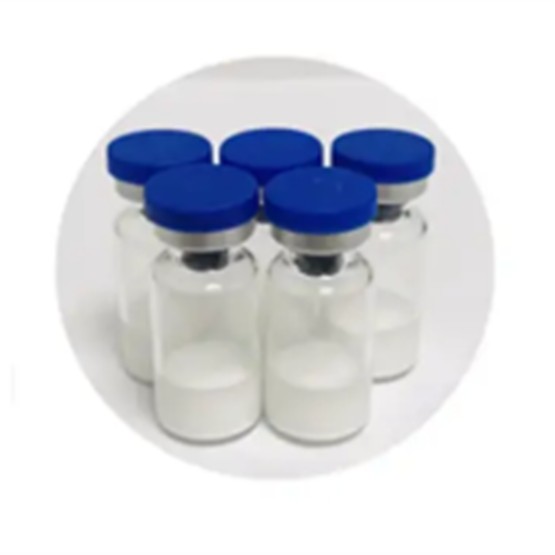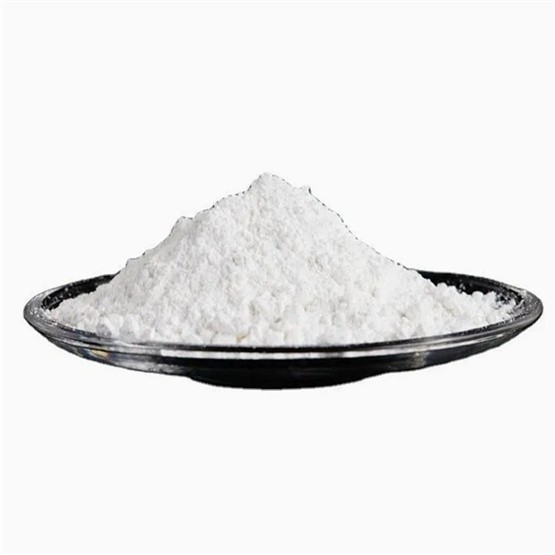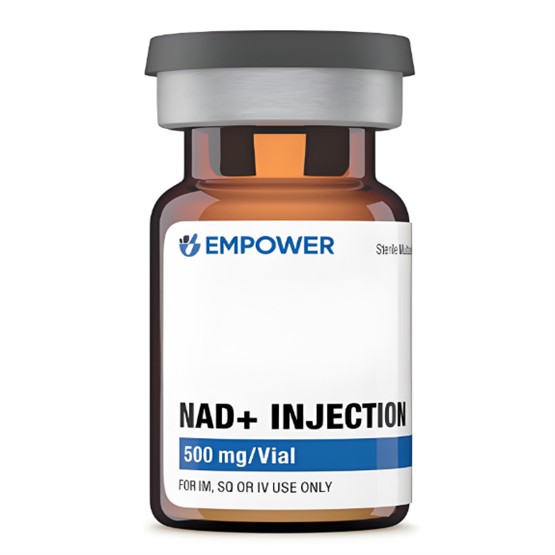Can Weight Loss Drugs Affect Your Fertility? A Woman’s Guide
In recent years, weight loss drugs have become increasingly popular as many women seek solutions to manage their weight and improve overall health. These medications, ranging from prescription drugs to over-the-counter supplements, promise quick results, but their potential side effects raise important questions. For women planning to conceive, one major concern is how these drugs might impact fertility. As interest grows in balancing weight management with reproductive health, understanding the connection between weight loss drugs and fertility is crucial. This guide aims to provide clarity and insight into the potential effects, helping women make informed decisions.
Weight loss drugs come in various forms, primarily divided into prescription medications and over the counter (OTC) supplements. Prescription options like GLP-1 receptor agonists (e.g., Ozempic) and appetite suppressants are designed to help reduce food intake, increase satiety, or block fat absorption. OTC supplements often contain herbal or synthetic ingredients aimed at boosting metabolism or curbing appetite. These drugs are typically used by women with obesity, metabolic conditions like type 2 diabetes, or those struggling to lose weight through diet and exercise alone. Understanding how these medications work is essential for anyone considering them as part of a weight management plan.
Weight and Fertility: the tug of war
Body weight plays a significant role in a woman’s fertility, affecting ovulation, hormone balance, and the regularity of menstrual cycles. Being overweight can lead to excess production of estrogen, which can interfere with ovulation and lead to conditions like polycystic ovary syndrome (PCOS), a common cause of infertility. On the other hand, being underweight can result in low levels of essential reproductive hormones, causing irregular periods or even stopping ovulation altogether.
For women struggling with infertility related to excess weight, moderate weight loss—typically 5-10% of body weight—can lead to noticeable improvements in reproductive health. Shedding even a small amount of weight can restore hormonal balance, improve the regularity of menstrual cycles, and enhance ovulation. This increased ovulatory function boosts the chances of conception, making weight loss an important part of fertility treatment for some women.
Additionally, maintaining a healthy weight can improve overall health, reducing the risk of complications during pregnancy, such as gestational diabetes and preeclampsia. However, it’s crucial to approach weight management carefully, as extreme or rapid weight loss can have the opposite effect, potentially disrupting hormonal balance and fertility. For women trying to conceive, it’s important to focus on gradual, sustainable changes.
Here are seven key points on how weight loss drugs might positively affect fertility:
Hormonal Balance: Some weight loss drugs can help regulate hormones like estrogen and progesterone by promoting healthy weight loss, leading to better reproductive health.
Improved Ovulation: By helping to achieve a healthier body weight, weight loss medications may restore regular ovulation, increasing fertility in women with conditions like PCOS.
Regular Menstrual Cycles: Weight loss drugs can contribute to more regular menstrual cycles in women who are overweight, making it easier to predict ovulation and plan for conception.
Enhanced Nutrient Absorption: As some drugs promote fat loss without excessive nutrient depletion, the body may better utilize essential vitamins that support fertility.
Metabolic Improvement: Weight loss drugs can improve metabolic function, leading to more stable insulin levels, which are beneficial for reproductive hormone balance.
Fertility Boost with Moderate Use: Short-term, controlled use of weight loss medications can support healthy weight management, which is often linked to improved fertility outcomes.
Post-Drug Fertility Benefits: After achieving a healthy weight, stopping weight loss drugs may result in improved hormone regulation, enhancing the chances of conception.





